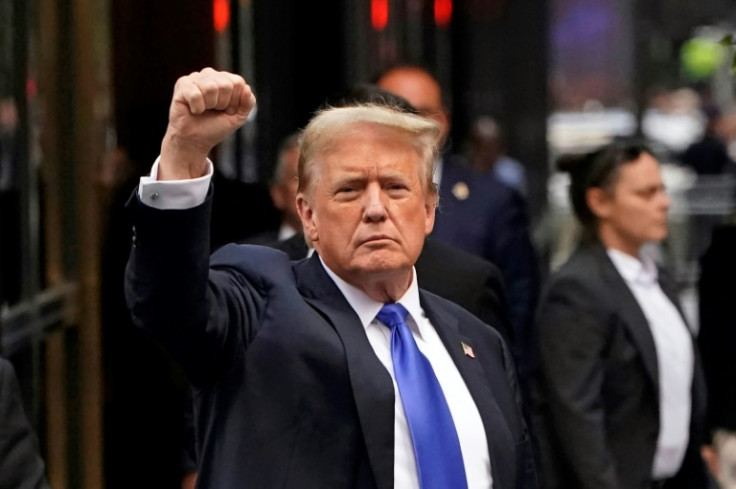
The Supreme Court gave former president Donald Trump a legal win on Monday after ruling that he has immunity for some of his acts while in office. The 6-3 decision, in the context of the election interference case, rejected Trump's broad claim of immunity but said some actions closely related to his core duties are off-limits to prosecutors.
This means the charges pressed by special prosecutor Jack Smith won't be dismissed, but Chief Justice John Roberts, writing for the majority, said further proceedings are needed in lower courts to determine what Trump can be prosecuted for.
"Big win for our Constitution and democracy. Proud to be an American," Trump said in a post on his social media platform, Truth Social. This also means that the case is not likely to conclude before the November elections. According to NBC News, it was suggested that the trial wouldn't start until at least three months after the ruling, meaning it would happen in October at the earliest.
Concretely, Trump's contacts with Justice Department officials and Vice President Mike Pence in the weeks leading up to the January 6 assault on the Capitol are considered to be core presidential powers.
"The president is not above the law," Roberts wrote. "But Congress may not criminalize the president's conduct in carrying out the responsibilities of the executive branch under the Constitution."
The indictment against Trump says that he sought to pressure Justice Department officials to investigate unfounded claims of electoral fraud that would have given him the victory in the 2020 elections. After such efforts were unfruitful, he pressured then-Vice President Pence to refuse to certify the results at the joint session of Congress on January 6.
The court also determined that no core presidential conduct can be admitted as evidence, dealing another blow to the prosecutor. The votes were along ideological lines, with more liberal justices saying that the ruling makes a mockery of the principle, foundational to our Constitution and system of government that no man is above the law."
The Constitution "does not shield a former president from answering for criminal and treasonous acts," said Justice Sonia Sotomayor, writing for the minority. "Let the president violate the law, let him exploit the trappings of office for personal gain, let him use his official power for evil ends," Sotomayor wrote. "Because if he knew that he may one day face liability for breaking the law, he might not be as bold and fearless as we would like him to be. That is the majority's message today."
© 2025 Latin Times. All rights reserved. Do not reproduce without permission.





